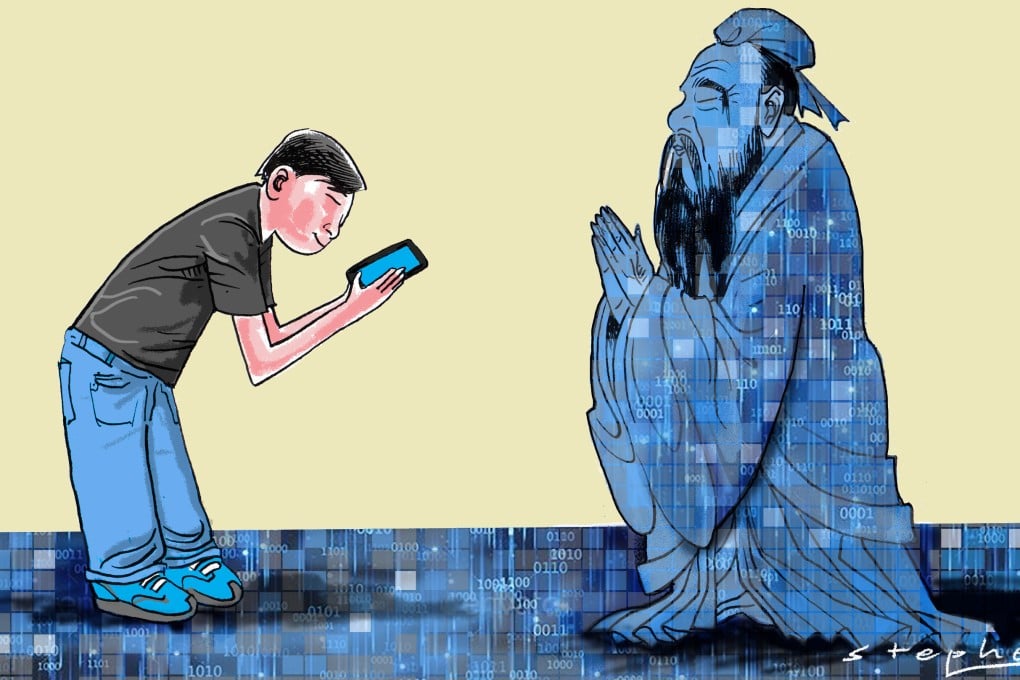Opinion | How pandemic proves China’s ‘digital Confucianism’ is superior to the West
- For all the West’s complaints about invasion of privacy and freedom of movement, there are obvious benefits to an approach combining Confucian-style acceptance of governance with tech advancements
- The ability to quickly ease social distancing rules and return to jobs and classes in person are also valuable freedoms

As families worldwide send their children back to school, one region stands out regarding the mood of both students and parents. Families in East Asia face the new academic year with more calm and less fear about the pandemic disrupting education than most other regions.
Contrast this against the “back to school” season in the United States, where some students witnessed protesters passionately picketing against masks outside their school gates. In Europe, similar confusion erupted. Professors in Brussels, for example, returned to the classroom wearing masks while their peers in Flanders returned barefaced, triggering confusion among students.
By now, it is clear East Asia has generally contained the virus far more efficiently than the West. In tracking coronavirus-related death rates, East Asian countries tend to have tens to dozens of deaths per million people versus 1,600 per million in Europe and 2,000 per million in the US.
It is also clear that successfully containing the virus requires the implementation of key public health measures. For the public, those include mask-wearing, social distancing and handwashing; for Covid-19 patients, testing, tracing and isolation; and for hospitals, adequate equipment, staff and space.
So, if the “how” of fighting the virus is well-known, why have East Asian societies achieved a death rate far lower than that of the West? These results illustrate far more than better implementation of public health measures.


